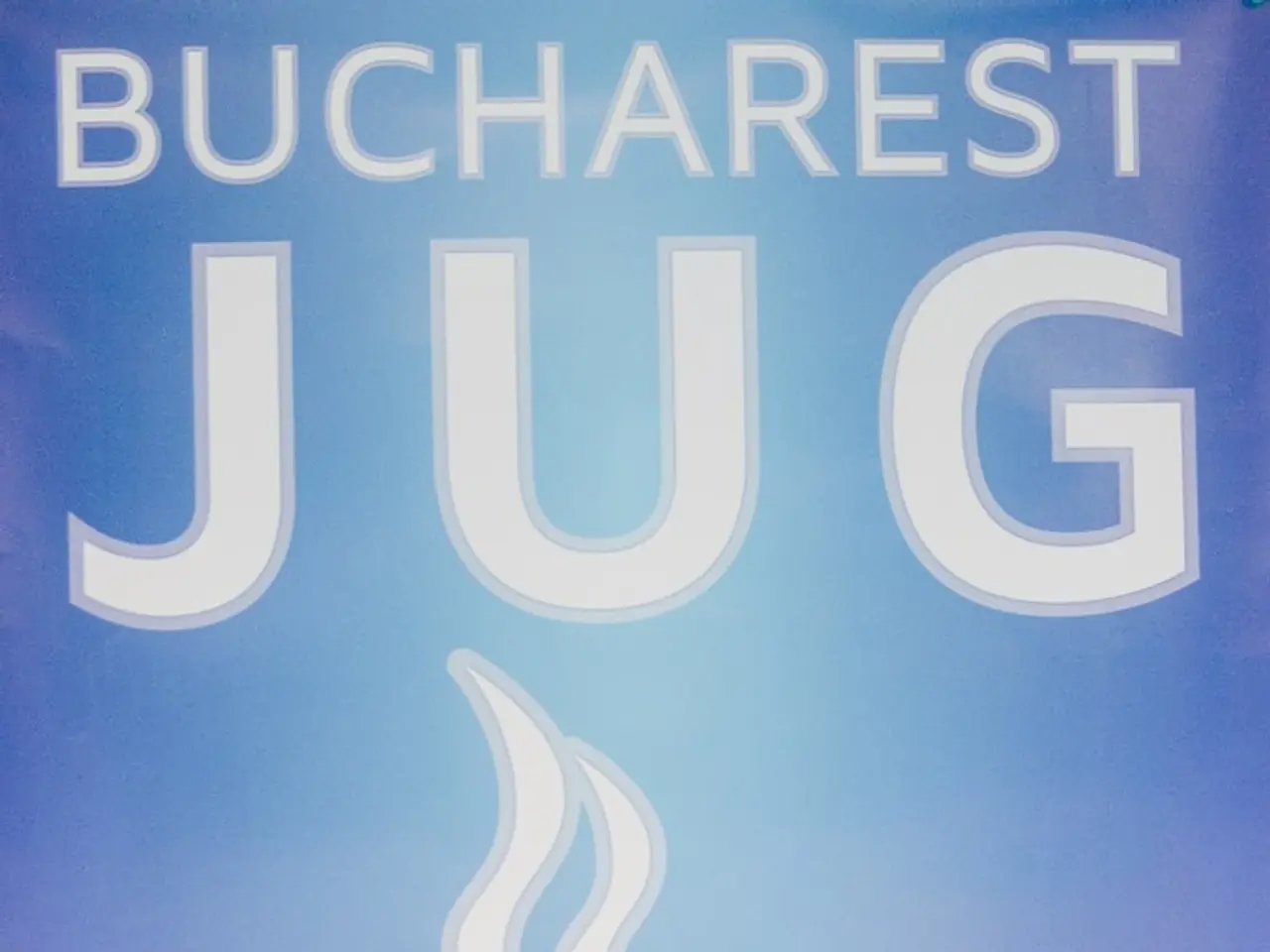UK Government Explores Shift in BBC Funding Away from Licence Fee
The UK government is exploring a shift in BBC News funding, moving away from the traditional licence fee model. This comes amidst rising evasion rates and calls for modernization, with Labour's Culture Secretary Lisa Nandy considering a 'mixed funding' approach.
The current licence fee contributes £3.7 billion (€3.1bn) annually, accounting for 65% of the BBC News's total funding. However, with more than 10% of homes evading the fee and a decline of 300,000 payers in 2024, the model's sustainability is being questioned.
Proposals for a mixed funding model have emerged from government discussions and media reform debates. This could involve a blend of licence fee, commercial funding, and subscription services. Nandy, while open to this idea, has ruled out funding the BBC News through general taxation to maintain its independence.
The BBC News's funding landscape is set to change, with the licence fee's dominance likely to decrease. The exact composition of the new mixed model remains uncertain, but it's clear that the BBC News's future lies in a more diversified revenue stream.
Read also:
- Thieves Steal Unique Sculptures from Redwood National Park's Grove of Titans
- Stellantis Pivots US Strategy: Drops Electric Dodge Charger, Embraces V8s
- Thessaly's Climate Plan Stalls Two Years After Storm Daniel Devastation
- Strategizing the Integration of Digital Menus as a Core Element in Business Operations




